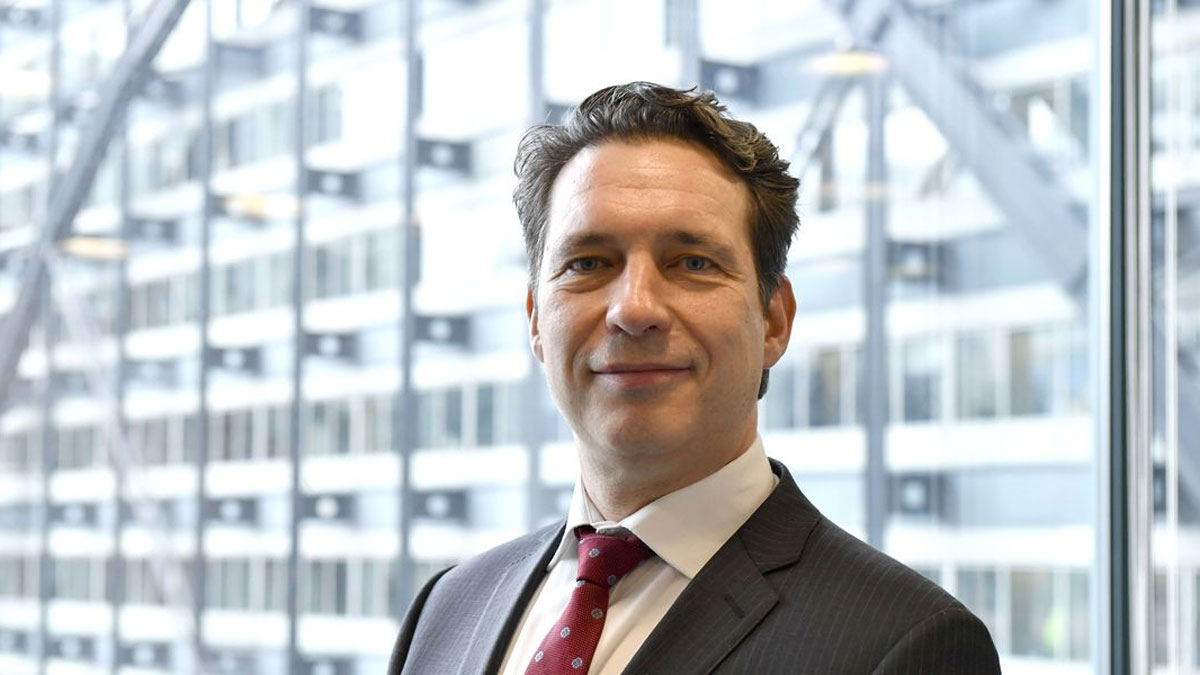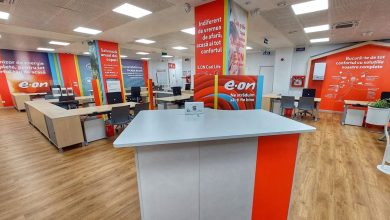EBRD Backs First Green Bond Issued by Raiffeisen Bank in Romania
Reinforcing its position as a leader in green finance and a strong supporter of capital markets, the European Bank for Reconstruction and Development (EBRD) has invested RON 53 million (€11 million equivalent) in a senior preferred green bond issued by Raiffeisen Bank Romania, a subsidiary of the Austria-based group Raiffeisen Bank International.
Thanks to healthy demand, Raiffeisen raised RON 400 million (€81 million equivalent) to finance climate and environmental projects. The bonds have a five-year maturity and are expected to be listed on the Luxembourg Stock Exchange and on the Bucharest Stock Exchange. The issuance was 1.6 times oversubscribed.
“The EBRD remains at the forefront of efforts to strengthen Romania’s capital markets. Today we are pleased to back the country’s first green bonds. This pioneering move by Raiffeisen will pave the way for the creation of more securities intended to support sustainability, as the strong market reaction indicates,” Mark Davis, EBRD Regional Director for Romania and Bulgaria, said.
The EBRD aims to become a majority green bank and dedicate more than half of its work to climate finance by 2025.
“Through this issue, we want to reaffirm our commitment to contributing to the development of sustainable and prosperous communities by mobilising resources for projects that generate value for society as a whole and have a positive societal and environmental impact,” said Steven van Groningen, President and CEO of Raiffeisen Bank Romania.
The EBRD’s investment in Raiffeisen’s issuance builds on the Bank’s strong commitment to the development of Romania’s capital markets. In the past five years the Bank has subscribed to 11 bond issuances for more than €530 million and participated in three initial and secondary public offerings in transactions worth over €80 million.
The EBRD’s overall investment stands at almost €9 billion in Romania to date, with 76 per cent of that in the private sector. The Banks’s focus in the country is on financing infrastructure, especially in less-developed regions, boosting private-sector productivity and further developing the financial sector and capital markets.



